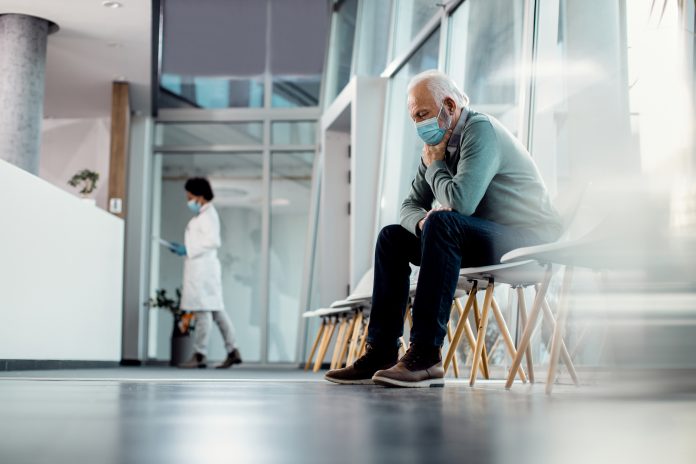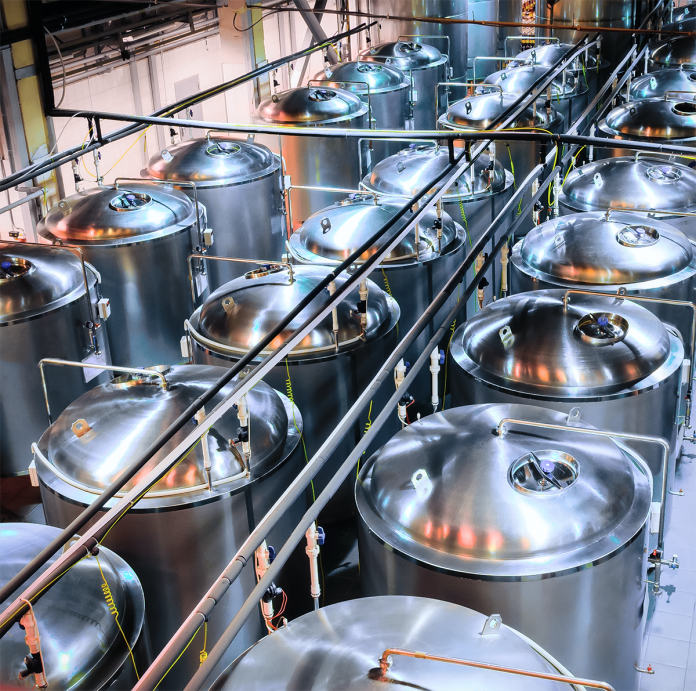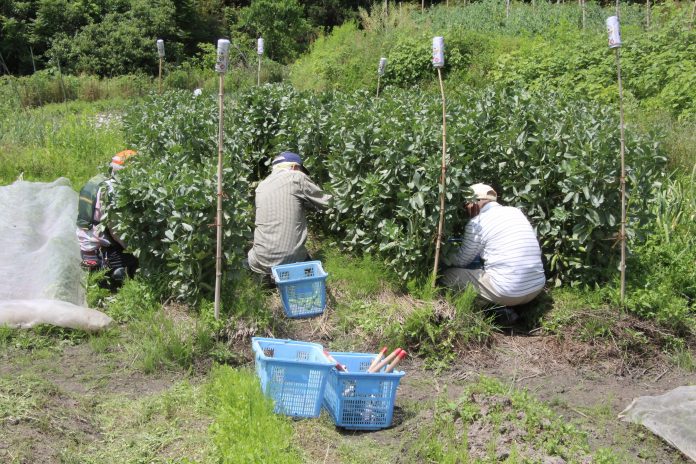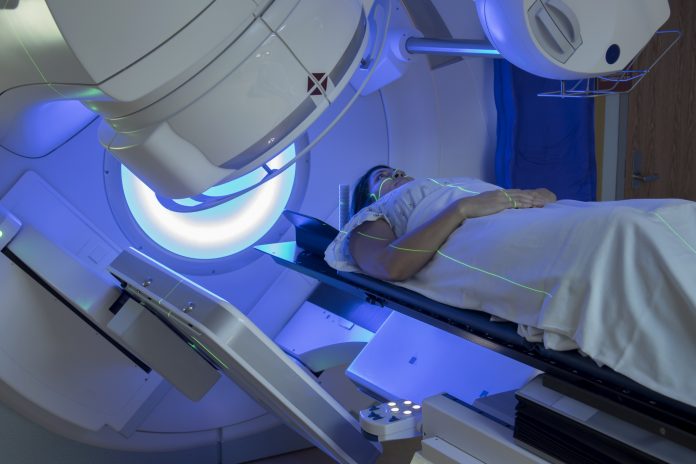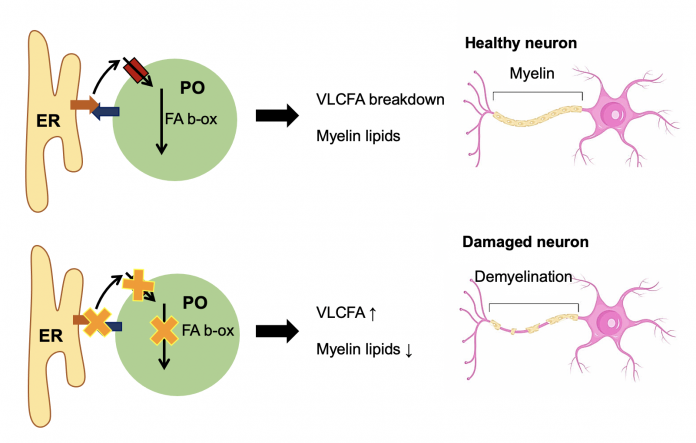Open Access Government produces compelling and informative news, publications, eBooks, and academic research articles for the public and private sector looking at health, diseases & conditions, workplace, research & innovation, digital transformation, government policy, environment, agriculture, energy, transport and more.
Home Search
lead - search results
If you're not happy with the results, please do another search
Lava full of ‘complex crystals’ prompts research into volcano hotspots
Australia’s extinct volcano hotspots can be a unique laboratory for researchers evaluating volcanic eruption processes.
Digital transformation to help GPs & hospitals cut patient waiting times
Marie Loizides, Associate Director of Performance Analytics at Barking, Havering, and Redbridge University Hospitals NHS Trust, explains how the digital transformation of MSK referrals helped GPs & hospitals work smarter to cut patient waiting times.
No more wasted chances: rethinking overconsumption culture
Attitudes to material acquisition have varied greatly through the ages, and now, the world is exacerbating the climate crisis with overconsumption. How do we change this?
Achieving an effective business response to sustainable travel
Thomas Power, Co-Founder and CEO at Pura Aventura, the leading provider of sustainable travel, discusses the importance of businesses in addressing the climate crisis.
Sustainable production of pheromones now a reality
When the PHERA Project started, it was with an ambitious goal to prove that insect pheromones can be produced using a biological rather than a chemical process.
Why do the effects of an anti-ageing drug differ with gender?
The effect of the anti-ageing drug rapamycin differs in male and female fruit flies, find researchers, who seek to understand how sex influences the development of age-related disease.
Long term action is needed to reduce fossil fuel reliance and cut energy bills
The UK Government’s Spring Budget provided some short-term relief for energy bills, but does not address the longer-term issues of the climate and energy crises.
The IDEA Model: A best practice for data-driven strategic risk and crisis communication
Professors of Strategic Communication Dr. Deanna D. Sellnow and Dr. Timothy L. Sellnow explore strategic risk and crisis communication using the IDEA Model, a theoretically grounded tool for effective communication.
Why we must end factory farming before it is too late
Why should we end factory farming? The intensely cruel farming process is responsible for extreme animal cruelty, pollution, wildlife extinction and global hunger.
World Backup Day: How to have a data protection strategy
A good data protection strategy is one that allows data to be backed up in a manner that not only protects it but also ensures the ability to rapidly recover.
Climate-clever supply chains: How to make sustainable procurement decisions
Why is sustainable procurement so important? And how can organisations use technology to accelerate their efforts?
Could artificial cells make our future more energy efficient?
Researchers believe energy-generating synthetic organelles could sustain artificial cells and improve energy efficiency.
Michael Levin – Imperial College London
Michael Levin is professor of International Child Health at Imperial College London
He works as a paediatric Infectious diseases specialist at St Mary’s Hospital, Imperial College NHS Trust, and leads an interdisciplinary research team that has applied molecular, genetic and immunological approaches to improve the diagnosis and management of childhood...
How to improve security with an employee emphasis
We must improve security because the impacts of human error on cybersecurity can be immense, and one small slip-up can have disastrous impacts.
Exploring the partnership between the agriculture and social welfare sectors
The intrinsic value of the partnership between agriculture and social welfare sectors can help us to enrich the way that we work, and how we think about work.
Advancements in how we identify and treat hypoxic cancers
Cancers that are starved of oxygen, otherwise known as hypoxic cancers, are generally difficult to identify – but medical imaging has taken a new step with the MR-Linac scanner.
HIV therapeutic targets: Basic virology to the discovery of antiretroviral drugs
Do we need new antiretroviral drugs to treat HIV infection, and if so, what are the promising targets? Dr Eric O. Freed, Director of the HIV Dynamics and Replication Program at the National Cancer Institute in Frederick, Maryland, discusses these questions.
Tackling invisible careers: How to expand career options for all students
As young people start to explore their career options, it’s not uncommon for them to feel unsure about what they want to do.
Personalized diet intervention in Thai ageing populations
Professor Apichart Vanavichit a Rice Genomic Breeding Expert at the Rice Science Center looks at diet intervention and therapy for the ageing population of Thailand to prevent disease.
Peroxisomes, lipids, and neurodegeneration
Prof. Michael Schrader at the University of Exeter looks to understand the role of peroxisomes in human health and disease.


